FAWE participated in the Youth Dialogue on Education with the theme ‘Young People as Catalysts of Inclusive Education in Africa’. The pre-conference dialogue was held on 23rd—24th April 2018 prior to the Pan African High Level Conference on Education (PACE 2018) that took place 25th—27th April 2018 in Nairobi, Kenya.
The forum which was facilitated by youth representatives from around the continent, including the ones living with disabilities, address challenges in education and how to best harness the potential of youth in achieving education goals and fulfilling their aspirations.
The dialogue touched on various themes such as: inclusive and gender transformative education – investing and financing education in Africa; integrated education in conflict and post-conflict societies in Africa; ICT for education in Africa – leveraging technology and strengthening information systems in advancement of education goals; and, Gender-related violence and promoting gender equality in education, policies, strategies and partnerships.
“High quality education is valuable as society’s most effective tool for personal empowerment and the development and progress of societies and nations. The right to education aims to ensure access to quality schools and to an education that is directed towards the full development of the human person,” said Mary Mwakawago from Tanzania. “It is one of the key principles underpinning the Education 2030 Agenda and Sustainable Development Goal 4 (SDG4) adopted by the international community in 2015,” she noted.
As an outcome of the Youth conference, the participants produced a Memorandum that was presented to the Council of Ministers for Education at the PACE 2018 Conference. The Memorandum presented the youth’s position on inclusive and gender responsive education in Africa and sought to provide concrete recommendations on how best the continent could harness the potential of its youthful population in the realization of its education goals.
The participants also proposed modalities and frameworks of engaging the youth in future discussions on the education agenda in Africa. Concrete recommendations on promoting gender equity in the education agenda for the continent were presented, including adoption of the ‘Gender Equality Strategy for the Continental Education Strategy for Africa 2016-2025‘.
“The youth not only need a voice but space in decision making, policy reforms, implementation & monitoring processes in education systems to transform Africa,” concluded Mr. Beyan Flomo Pewee from Liberia.



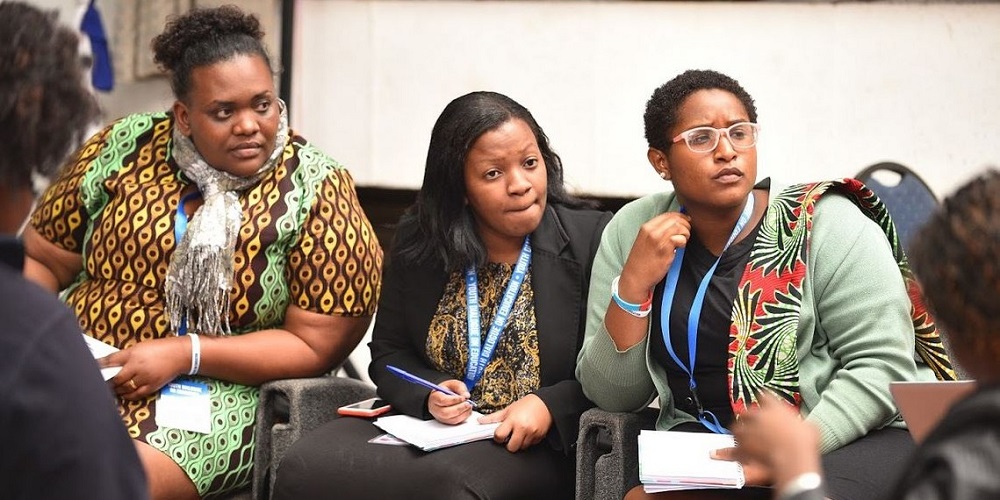

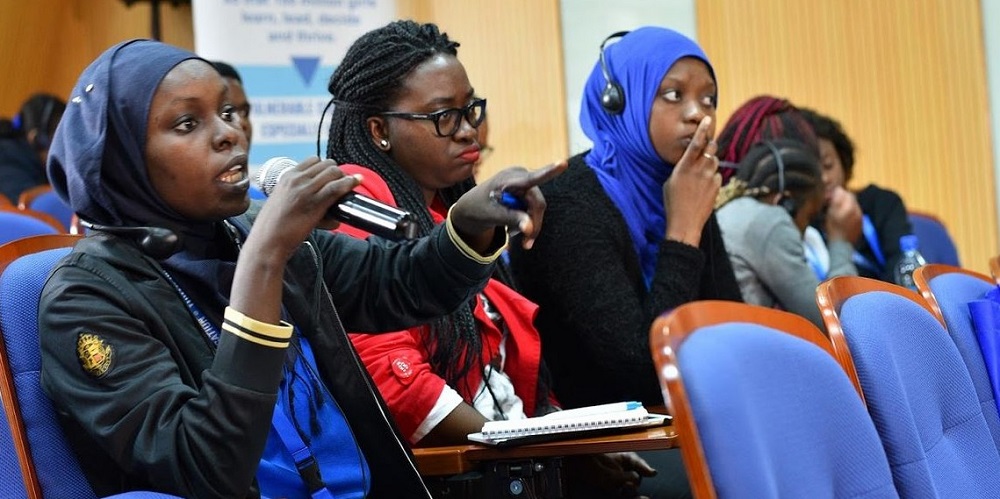
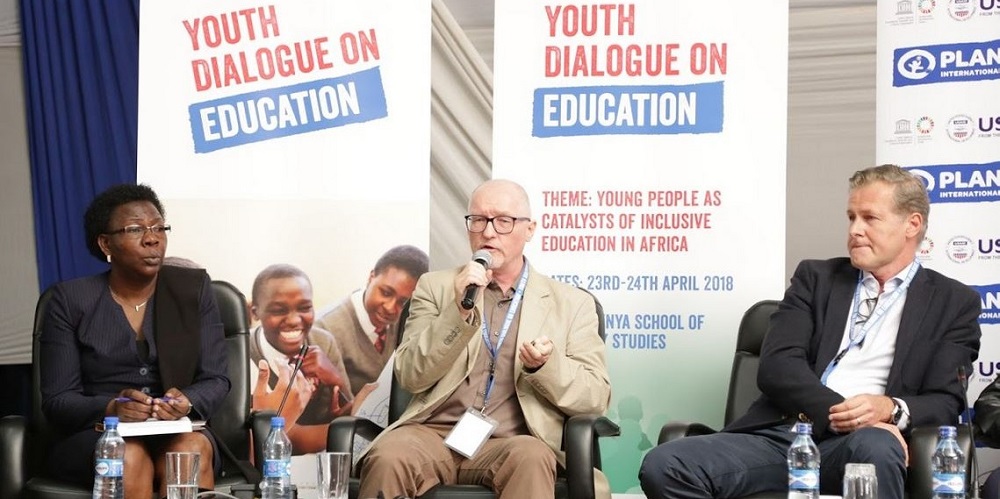
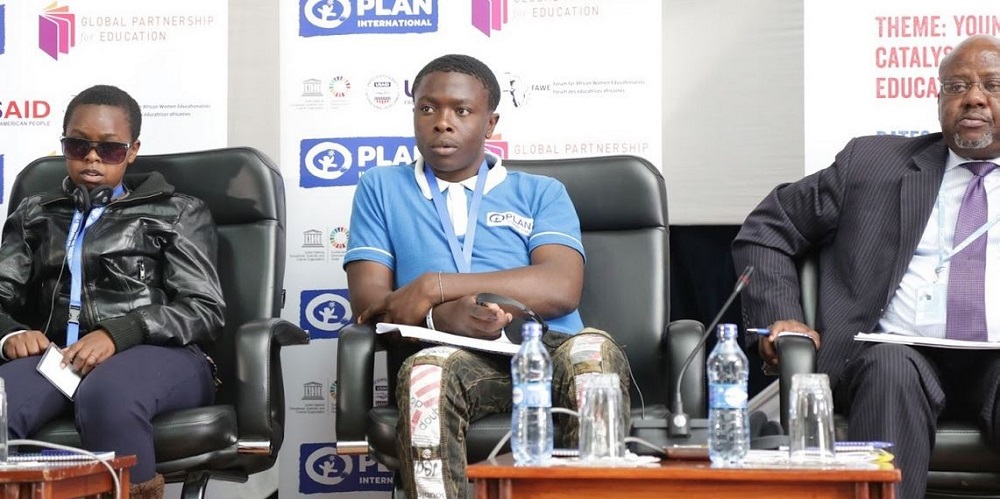
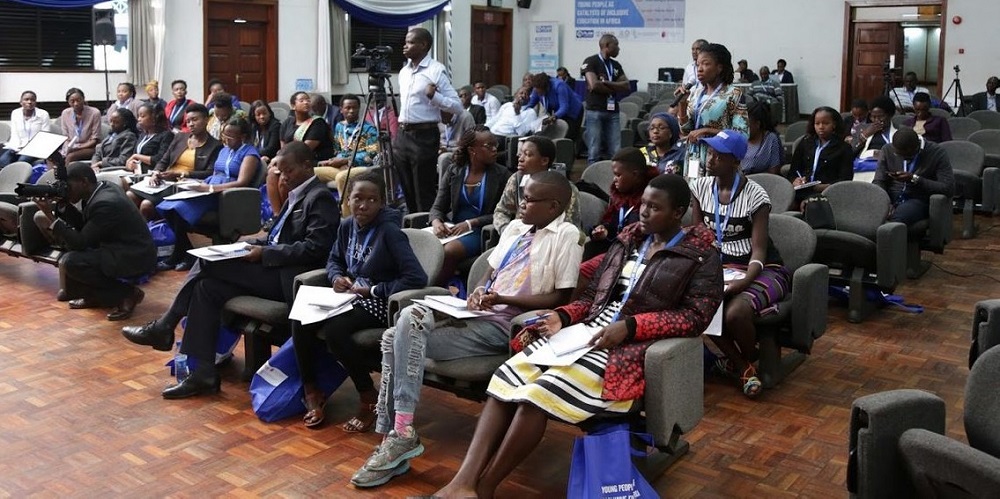
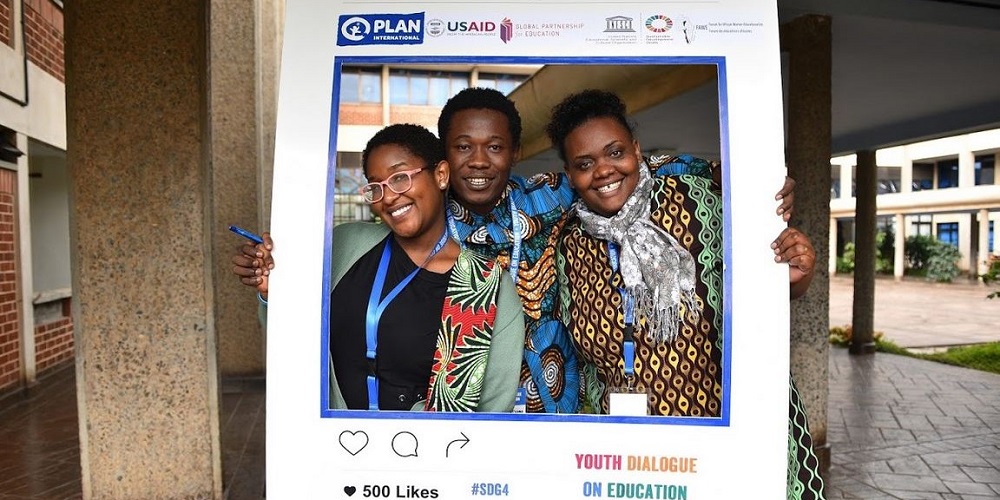
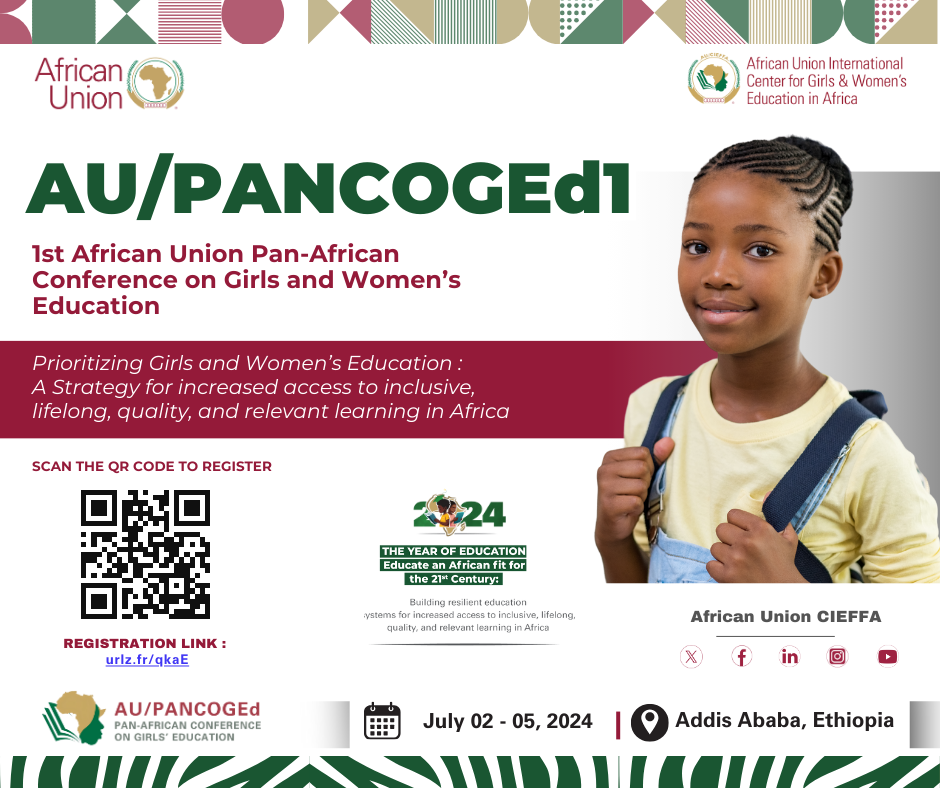
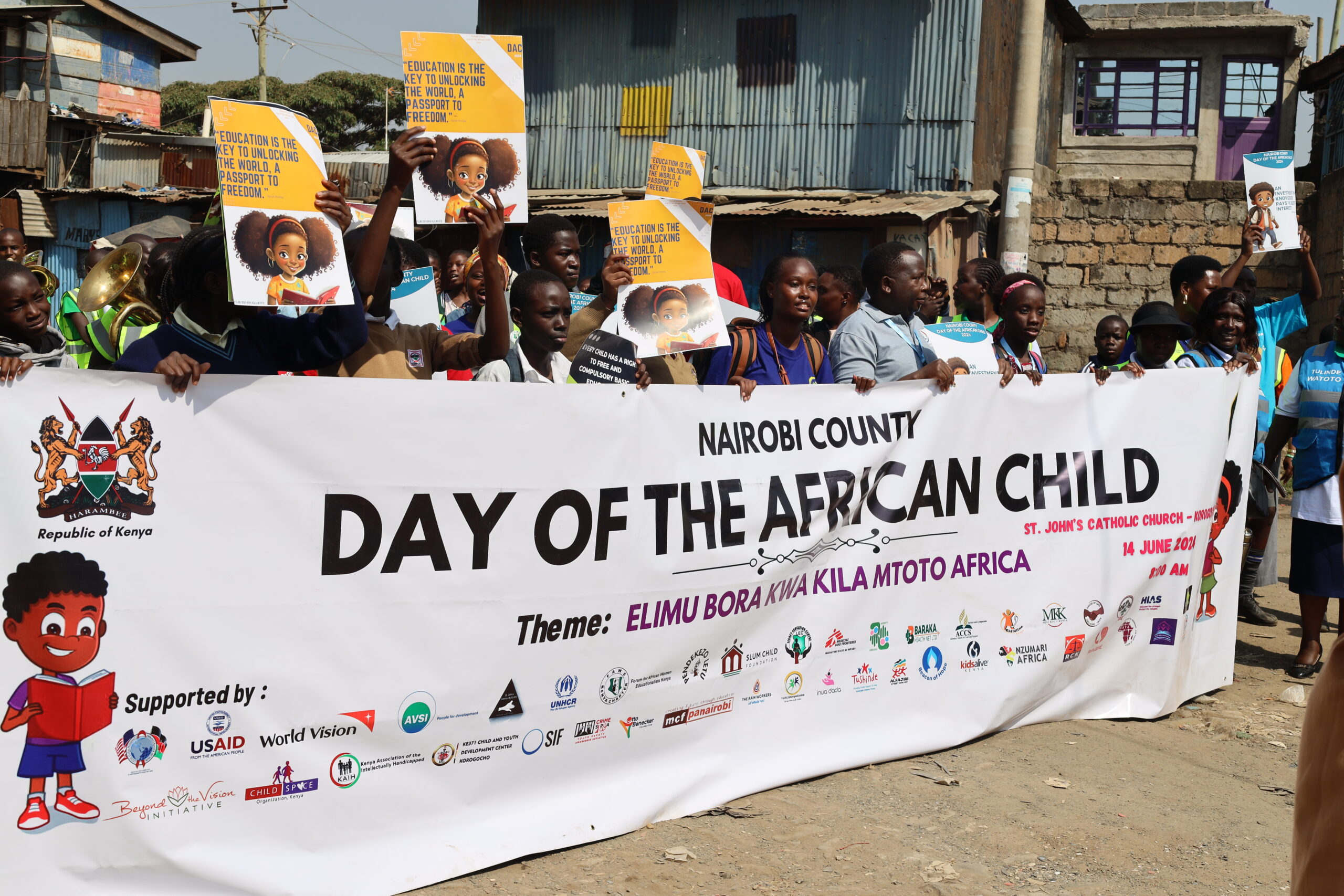
Leave A Comment